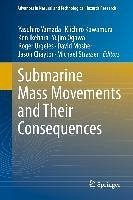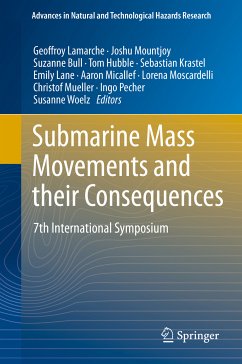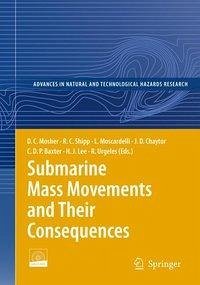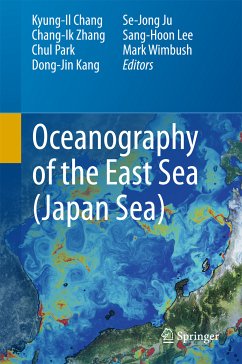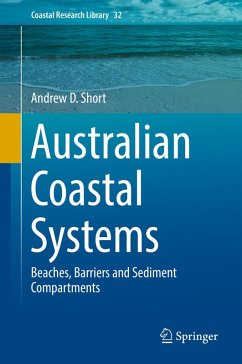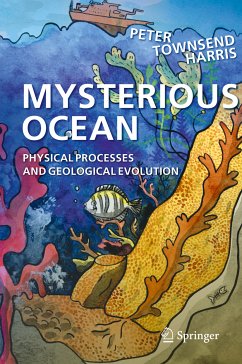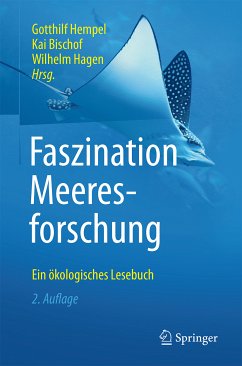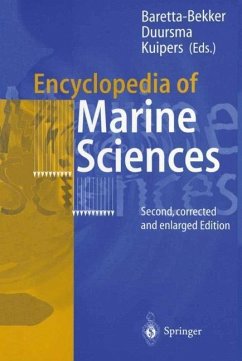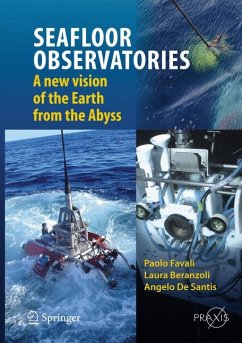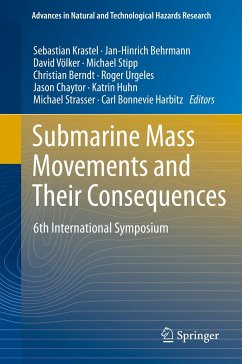
Submarine Mass Movements and Their Consequences (eBook, PDF)
6th International Symposium
Redaktion: Krastel, Sebastian; Strasser, Michael; Huhn, Katrin; Chaytor, Jason; Urgeles, Roger; Berndt, Christian; Stipp, Michael; Völker, David; Behrmann, Jan-Hinrich; Harbitz, Carl Bonnevie
Versandkostenfrei!
Sofort per Download lieferbar
112,95 €
inkl. MwSt.
Weitere Ausgaben:

PAYBACK Punkte
56 °P sammeln!
Submarine mass movements are a hidden geohazard with large destructive potential for submarine installations and coastal areas. This hazard and associated risk is growing in proportion with increasing population of coastal urban agglomerations, industrial infrastructure, and coastal tourism. Also, the intensified use of the seafloor for natural resource production, and deep sea cables constitutes an increasing risk. Submarine slides may alter the coastline and bear a high tsunamogenic potential. There is a potential link of submarine mass wasting with climate change, as submarine landslides ca...
Submarine mass movements are a hidden geohazard with large destructive potential for submarine installations and coastal areas. This hazard and associated risk is growing in proportion with increasing population of coastal urban agglomerations, industrial infrastructure, and coastal tourism. Also, the intensified use of the seafloor for natural resource production, and deep sea cables constitutes an increasing risk. Submarine slides may alter the coastline and bear a high tsunamogenic potential. There is a potential link of submarine mass wasting with climate change, as submarine landslides can uncover and release large amounts greenhouse gases, mainly methane, that are now stored in marine sediments. The factors that govern the stability of submarine slopes against failure, the processes that lead to slope collapses and the collapse processes by themselves need to be better understood in order to foresee and prepare society for potentially hazardous events. This book volume consists of a collection of cutting edge scientific research by international experts in the field, covering geological, geophysical, engineering and environmental aspects of submarine slope failures. The focus is on understanding the full spectrum of challenges presented by this major coastal and offshore geohazard.
Dieser Download kann aus rechtlichen Gründen nur mit Rechnungsadresse in A, B, BG, CY, CZ, D, DK, EW, E, FIN, F, GR, HR, H, IRL, I, LT, L, LR, M, NL, PL, P, R, S, SLO, SK ausgeliefert werden.




